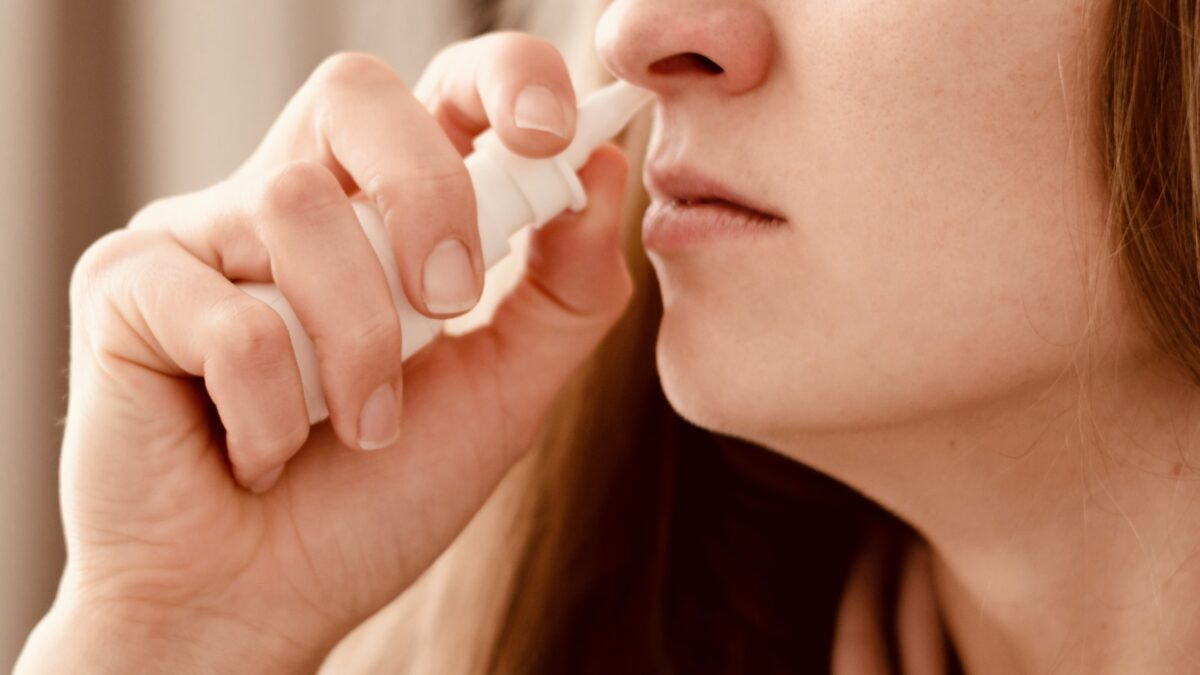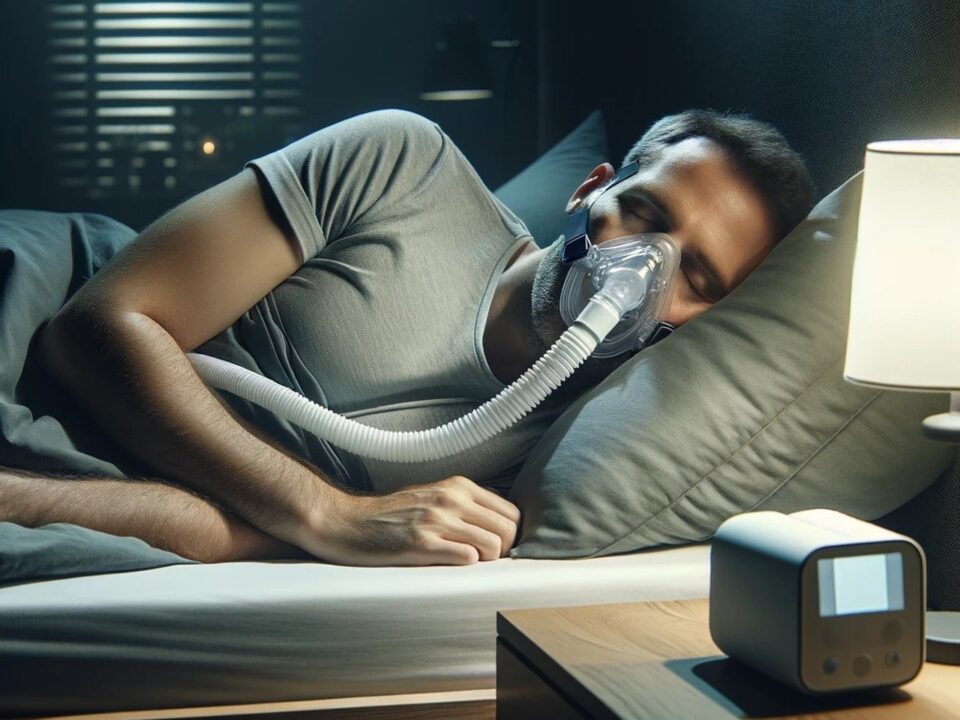Nasal Spray Addiction
Nasal decongestant sprays, often perceived as a simple remedy by many, are actually medications that should be used with caution, and their active ingredients, dosage, and duration of use should be determined by a doctor. While nasal decongestant drops are generally recommended by doctors for short periods during conditions like the flu or sinusitis, their indiscriminate use can lead to increased swelling of the nasal turbinates and worsening nasal congestion. When these medications are sprayed into the nose, they reach a wide area, reducing the swollen nasal turbinates caused by illness and leading to improved nasal airflow. However, prolonged and high-dose usage may result in damage to the nasal mucosa and increased swelling of the nasal turbinates, exacerbating symptoms.
Individuals with increasingly congested noses may use more medication in an attempt to breathe, gradually developing a dependency. In our daily practice, we frequently encounter patients who have become dependent on nasal drops and cannot sleep without them. Moreover, this habit not only contributes to congestion but also causes damage inside the nose, leading to issues such as nosebleeds, a burning sensation, impaired sense of smell, and anosmia (loss of smell).
Breaking free from nasal spray addiction is challenging, similar to overcoming any other dependency. Many individuals, even if they can refrain from daytime use, often continue using nasal drops at night, as they claim they cannot sleep without them.
In reality, the only way to overcome this habit is to endure a few weeks of difficulty and completely stop using the medication. However, to alleviate congestion to some extent, using ocean saline sprays and anti-allergic nasal sprays can make this challenging period more bearable.
Since many of these medications can potentially raise blood pressure, their random use poses a significant risk, especially for individuals with hypertension and heart conditions.
During the winter months, the dry air indoors due to heaters in offices and homes can lead to nasal congestion, drying of the nasal mucosa, and prolonged nasal congestion, especially with the effects of illnesses like the common cold. Therefore, it is crucial to have water on heaters and radiators to ensure that the air in your room remains adequately humid. This way, your nose and upper respiratory tract will be healthier, making you more resilient against issues like nasal congestion. Remember that the easiest way to avoid dependency on nasal drops is to refrain from using such medications without consulting a doctor.




